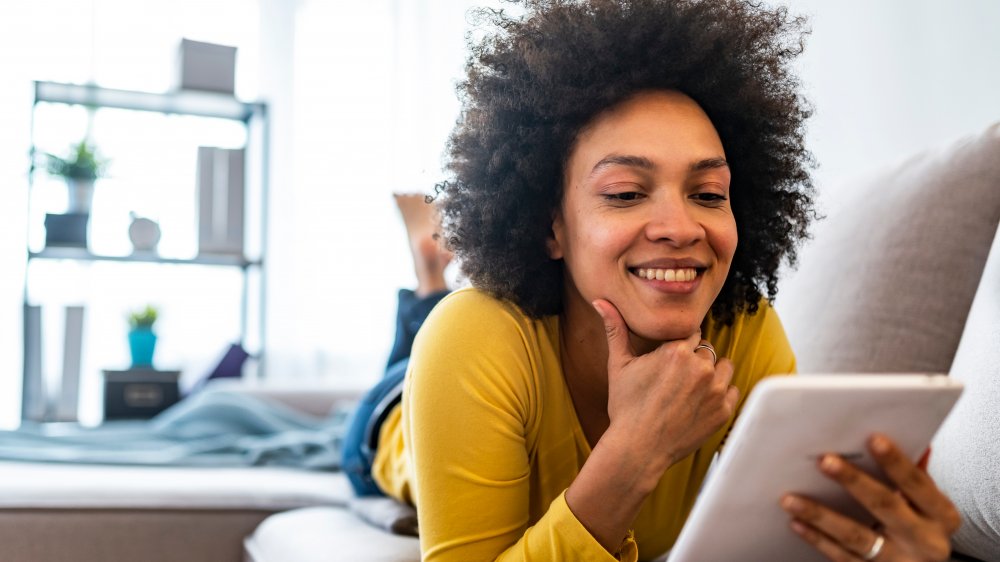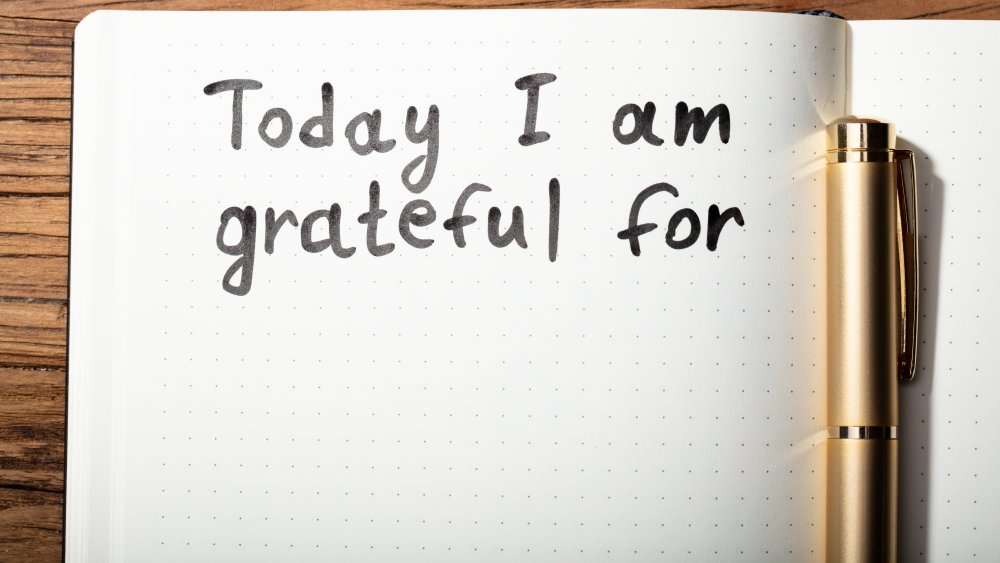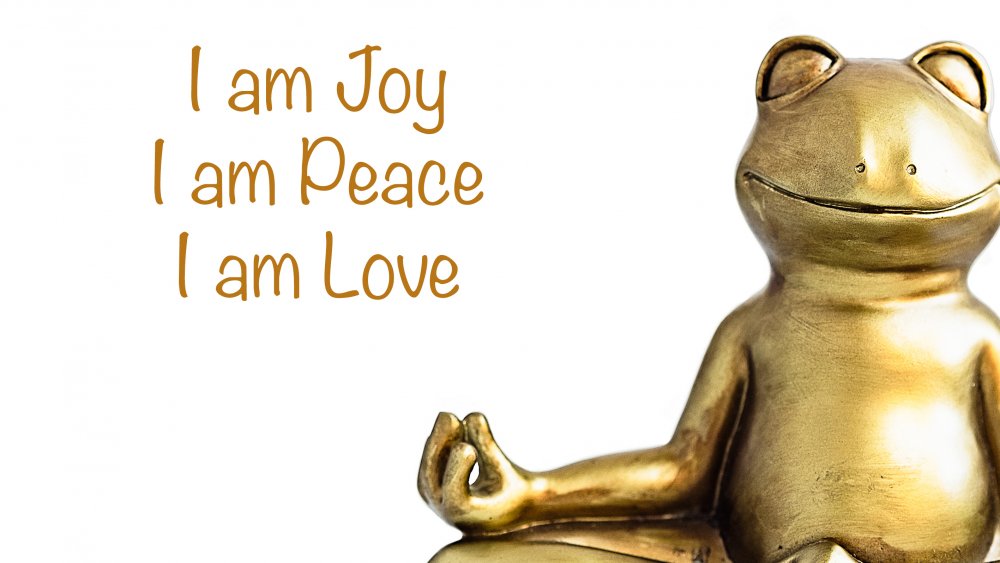4 Ways To End Your Day Positively
Some days — who are we even kidding, most days — it seems like we really are running a rat race, and the rats are definitely winning. All day long, we're scrambling to keep up with everything we've got to do, and when nighttime comes, we sink into bed, exhausted, hoping and praying we'll be able to get just enough sleep to allow us to run, run, run from the moment the alarm goes off again the next day.
While it may seem counter-intuitive to be told to slow down when it seems we're always running behind, it's nonetheless important to try to take a few moments for yourself at the end of every day to relax, gather your thoughts, and renew your energy. ICF Certified Life and Spiritual Coach Ryan Haddon, who's also a certified hypnotherapist and meditation teacher, suggests several nightly practices you can adopt that will not only let you end your day in a positive way, but will help some of that positivity carry over into the next morning.
End your day positively by taking an inventory
Haddon says that if you do a personal inventory at the end of every day and try to let yourself be guided by the lessons you find there, you will, over time, be able to "move the needle forward on becoming the best version of yourself." This is the ultimate goal of all self-improvement, right? You're always going to be you, but you might as well be the very best you you can be.
As to how you perform a personal inventory, Haddon says you should think of three things you did that went well, and three more things that didn't go so well. If, in analyzing the latter actions, you find that you owe anyone an apology or think you really ought to make amends for something that was your fault, you should plan to do so the very next day. That way, Haddon assures, you'll be "keeping your side of the street clean and waking up with a clean slate."
End your day positively by taking a deep breath
Adopting a practice of nighttime meditation or breath work, according to Haddon, can provide you with "a powerful time to drop into stillness by preparing the mind and body for deep rest." She also says that meditation and deep breathing make for " a nice way to connect to who you are outside of all the roles you play in your waking hours."
As to how you meditate — they've got an app for that; actually, a whole bunch of apps. Breath work (not the holotropic, rapid-breathing type) is even easier — all you need to do, according to Haddon, is to set a timer for 10 minutes and spend that time breathing easily, yet intentionally. Feel each breath coming in and out, counting one as you breathe in, then two as you breathe out. Count up to 10 with these in-out breaths, then start over again at one. Breathe and count, count and breathe. Sounds very peaceful and relaxing — but no worries if you do drop off, since your body has sense enough to keep on breathing even when it's not intentional.
End your day positively by giving thanks
An attitude of gratitude never hurt anyone, and in fact, it can do you a lot of good remembering how much you have to be thankful for, even when things are rough. Since it can sometimes be hard to remember to send those thank-you notes to the universe, Haddon advocates keeping a "gratitude journal" by the side of your bed and writing in it every night before you turn off your light.
She says you should try to come up with 10 things you are grateful for each day. While it may seem difficult to do, especially if you don't want to keep reproducing the same cut and paste list every day, Haddon explains that "try[ing] not to repeat the same gratitudes over and over, the magic starts to happen during the day when [you] look for the good happening in real time." She says that you'll learn to appreciate the more subtle things, which, in turn, will allow your mindfulness to increase. You will also start to see that "there are always positives unfolding in your life when you're present for them."
End your day positively by saying these magic words
One particularly powerful bedtime practice is that of nighttime affirmations, repeated to yourself just before you drift into sleep. Haddon describes the subconscious mind as "the part of you that runs your operating system beneath the surface" and says that this part "holds all your beliefs about yourself and the life around you." The subconscious, it seems, is most receptive to new ideas when brain wave activity slows, as it does while you're nodding off. If you feed your subconscious with ideas about love, abundance, and success, then, Haddon promises, "you'll wake up with success codes built into your blueprint for the day ahead."




